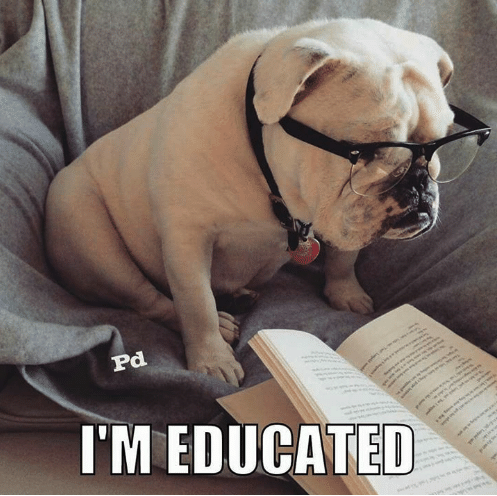
This logo isn't an ad or affiliate link. It's an organization that shares in our mission, and empowered the authors to share their insights in Byte form.
Rumie vets Bytes for compliance with our
Standards.
The organization is responsible for the completeness and reliability of the content.
Learn more
about how Rumie works with partners.
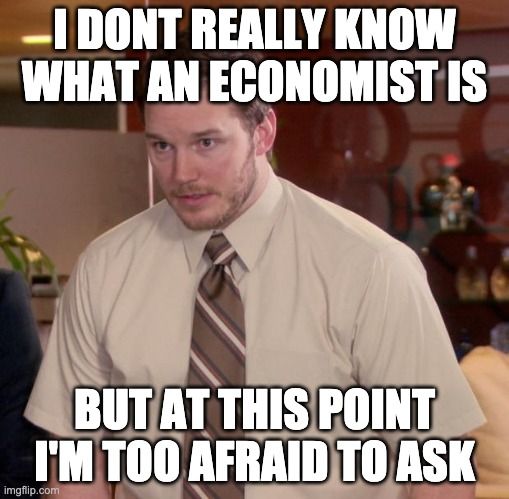
Economists work with numbers to understand the world and to propose policy to improve it.
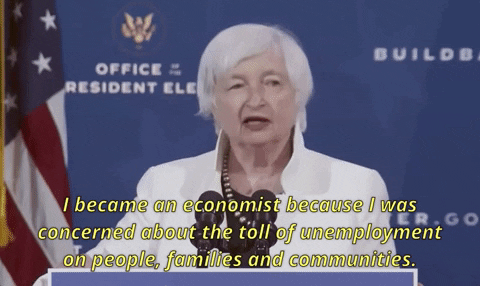
Becoming an economist can be very rewarding, but it is a long journey and takes specific skills to succeed.
But What Does An Economist Really Do?
Economists study the relationship between a society's resources and its output at the local, national, or even global scale.
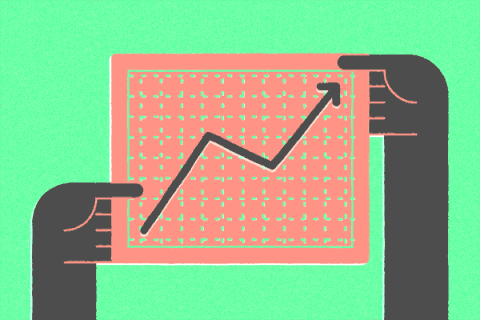
Day to day:
Collect data and conduct surveys.
Choose an appropriate mathematical method to investigate a relationship between societal measures.
Analyze social, political, and economics trends.
Present scientific reports.
Advise political leaders and policy makers.
Teach students and/or community members economic principles.
Review the latest economic studies and data.
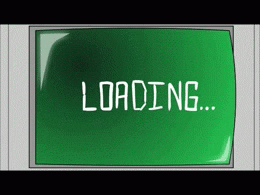
Quiz
What question might an economist work to solve?
An economist works with many different questions to better understand society.
Is This Career For Me?
Economists are...
Investigative: working with ideas and uncovering facts to solve problems
Conventional: following set routines and objective tasks like data input
Enterprising: designing and carrying out long term projects with a team
Skills needed...
Mathematical: calculating with algebra, calculus, and statistics
Analytical: evaluating cause and effect and complexity
Scientific: developing a hypothesis and designing measures to test a theory

This Isn't The Career For You if...
You have no desire to be sitting in an office all day.
You want to be in a person-facing role engaging with different people.
You don't enjoy working with numbers.
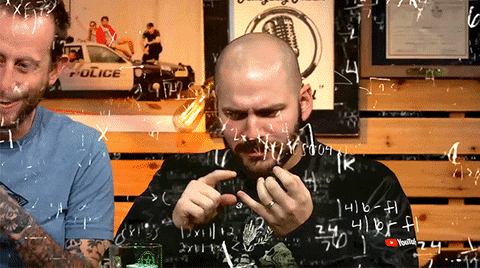
Take Action
Does being an economist sound interesting? Take these next steps to learn more.
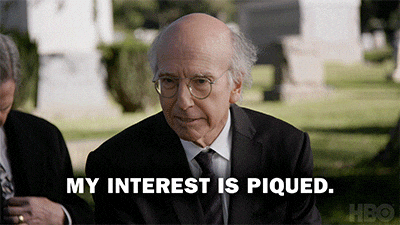
This Byte has been authored by
Sam Schmoker
International Educator | Academic Advisor
